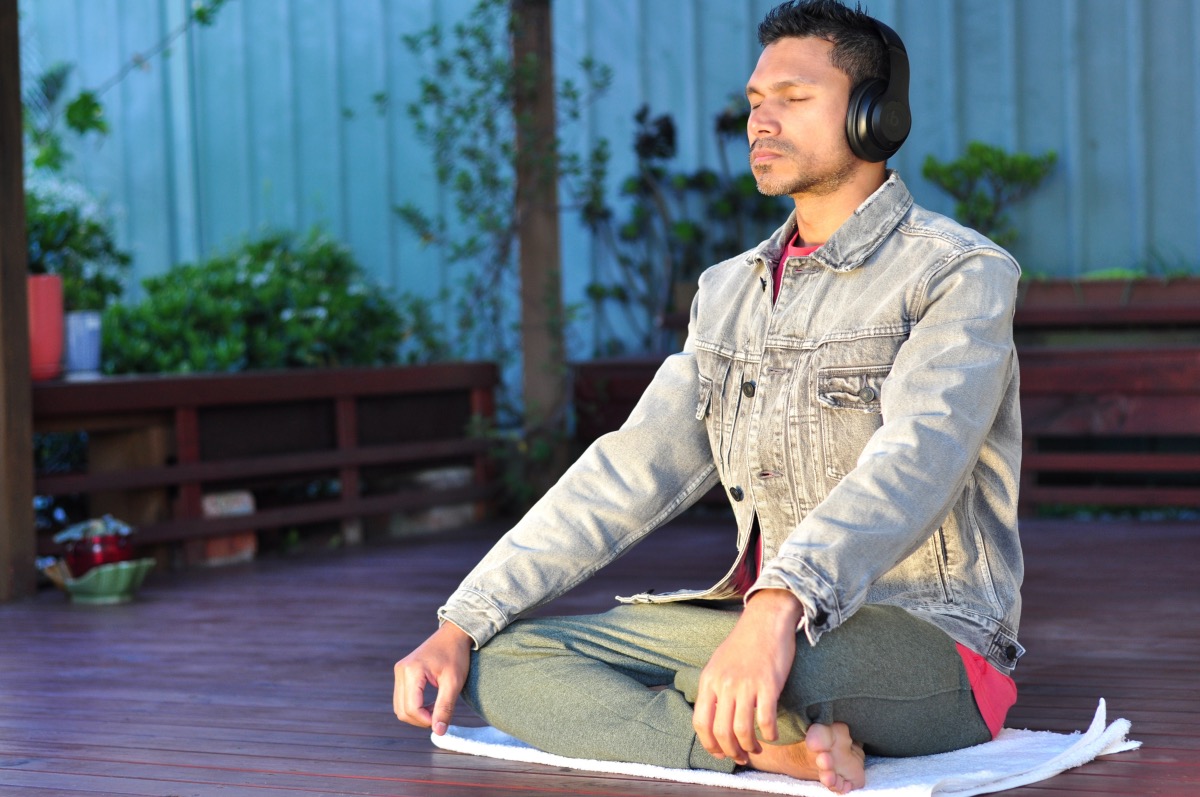Meditation is no longer a niche practice reserved for spiritual seekers; it has become a mainstream tool for improving mental and physical health. As more people explore its benefits, meditation has proven to be a powerful technique to cultivate mindfulness, reduce stress, and enhance well-being. Whether you’re seeking emotional balance, better focus, or physical health improvements, meditation has something to offer everyone. Here are 12 compelling reasons to make meditation a part of your daily routine.
1. Reduces Stress
Stress management is one of the most common motivations for people to start meditating. Studies have shown that meditation effectively reduces cortisol, the stress hormone linked to inflammation, poor sleep, and anxiety. Mindfulness meditation, in particular, has been found to ease symptoms of stress-related conditions like irritable bowel syndrome and fibromyalgia.
2. Controls Anxiety
Meditation helps calm the mind, reducing anxiety and its associated symptoms, such as phobias and panic attacks. Regular meditation can promote lasting relief, with long-term practitioners reporting lower anxiety levels years after starting their practice. Practices like yoga, which combine physical movement with meditation, have also been shown to reduce job-related stress.

3. Enhances Emotional Health
Certain forms of meditation can cultivate a positive outlook and improved self-image. Research indicates that regular meditation decreases depression and lowers inflammatory markers associated with mood disorders. By promoting optimism and resilience, meditation supports emotional well-being and mental clarity.
4. Boosts Self-Awareness
Meditation fosters a deeper understanding of your thought patterns, helping you identify and transform self-defeating behaviours. Techniques like self-inquiry meditation encourage introspection and can lead to improved self-esteem and reduced feelings of loneliness. This enhanced self-awareness serves as a foundation for personal growth and better relationships.
5. Improves Attention Span
Focused-attention meditation is like a mental workout, strengthening your ability to concentrate and avoid distractions. Studies reveal that even a few days of meditation can enhance attention and task performance, making it an invaluable tool for professionals and students alike.

6. Slows Age-Related Memory Loss
Meditation benefits cognitive health by improving attention, memory, and mental agility. Practices like Kirtan Kriya, which combine mantras with finger movements, have shown promise in preserving memory in older adults and alleviating symptoms of dementia.
7. Cultivates Kindness
Loving-kindness meditation, or Metta, focuses on developing compassion and positive feelings toward yourself and others. This practice has been linked to reduced social anxiety, improved anger management, and greater empathy. The more consistently you practice, the more profound the benefits become.
8. Helps Overcome Addictions
Meditation strengthens self-control and helps individuals understand the triggers behind addictive behaviours. By fostering mindfulness, it can redirect cravings and support recovery. Studies show meditation’s effectiveness in helping people reduce unhealthy eating habits and alcohol dependency.

9. Improves Sleep
Struggling with insomnia? Meditation can help by calming racing thoughts and relaxing the body. Mindfulness-based practices are particularly effective at reducing the time it takes to fall asleep and improving overall sleep quality.
10. Manages Pain
Pain perception is closely tied to mental state, and meditation can help reduce the experience of chronic pain. Studies have shown that regular meditation increases the brain’s ability to manage pain, offering relief even in severe conditions like terminal illnesses.
11. Lowers Blood Pressure
Meditation benefits cardiovascular health by reducing blood pressure and easing strain on the heart. Techniques that incorporate mantras or deep breathing relax the nervous system, leading to long-term improvements in heart health and reduced risks of heart disease.

12. It’s Accessible Anywhere
Meditation requires no special equipment, making it one of the most accessible wellness practices. Whether through guided apps, classes, or self-taught techniques, you can find a style that suits your needs and start practising anywhere – even in just a few minutes a day.
The Takeaway
Meditation is a versatile and accessible practice that can significantly enhance your mental, emotional, and physical health. From reducing stress to improving sleep and boosting self-awareness, its benefits are profound and far-reaching. Whether you’re new to meditation or seeking to deepen your practice, taking even a few minutes daily can transform your well-being and enrich your life. Why not start today?







